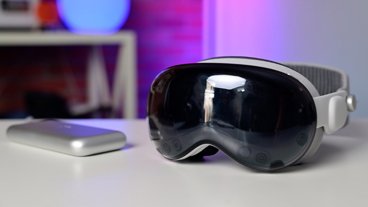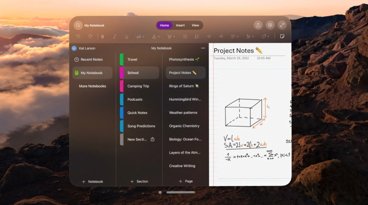Intel investigating proprietary dock connector for 2012 ultrabooks
The world's largest chipmaker unveiled its ultrabook category of thin-and=light notebooks, but the company's hardware partners have struggled to build "no-compromise" machines that match Intel's requirements and pricing. Intel is aiming for sub-$1,000 ultrabook prices and form factors less than 20mm thick.
VR-Zone claims to have received information that Intel is looking to give ultrabooks a boost with a docking station standard for the design.
"In simple terms, Intel is suggesting that the notebook makers should fit a rather large dock connector plus a mini DisplayPort connector side by side to make it easy to attach a dock or a port replicator via either a cable or a side mounted latch mechanism of some kind," the report read.
Intel is reportedly suggesting that PC makers include "a mini DisplayPort connector, HDMI via DP++, a D-sub connector via USB, a built in USB controller that will connect to USB ports and audio, eSATA via a PCI Express based SATA controller and just about anything else you can think of that needs PCI Express connectivity."
The company is also said to have suggested the option of daisy chaining Thunderbolt devices from the dock, though such a feature would likely increase costs and limit which Thunderbolt chips could be used.
In addition to the dual port solution, the report claims Intel is also considering custom dock connectors, similar to a docking solution released earlier this year by Sony. The VAIO Z uses a proprietary port and Thunderbolt technology to connect with a docking station peripheral that includes an optical drive and dedicated graphics processor.
As for USB 3.0, the report believes Intel has given the standard "the thumbs down" for now. "Intel is calling USB 3.0 a poor option for docking stations when it comes to adding features such as display interfaces and for tunnelling certain protocols through it," the report said
Though the company has promised to support the latest generation of USB alongside its "complementary" Thunderbolt standard, some industry insiders believe that Thunderbolt could have a large impact on USB adoption. However, high costs associated with Thunderbolt could slow down adoption of the technology by lower-margin PC and peripheral makers.
Intel has thrown its efforts into the ultrabook spec, even going so far as to invest $300 million in an ultrabook fund for new technologies for the notebook category. The company aims to reach a 40 percent share of the consumer market laptop by the end of next year. Although, if initial shipments are any indication, Intel may have a hard time reaching that goal. Several key partners are rumored to have set initial production volumes below 50,000 due to uncertain demand.
The first ultrabooks arrived on the market this fall, but Acer and Asus have reportedly reduced ultrabook orders by 40 percent after seeing unsatisfactory first-month sales.
For its part, Apple has seen record growth in Mac sales, especially with its own ultra-thin notebook lineup. The company sold an all-time high of 4.9 million Macs last quarter. According to a recent analysis, MacBook Airs now account for 28 percent of the company's notebook units in the U.S., up from 8 percent in June.
 Josh Ong
Josh Ong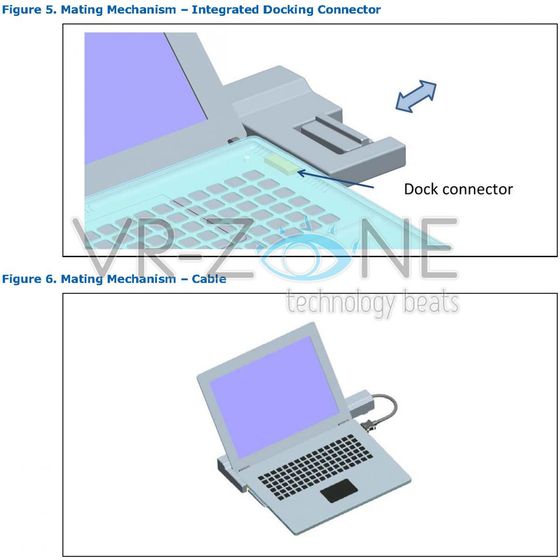
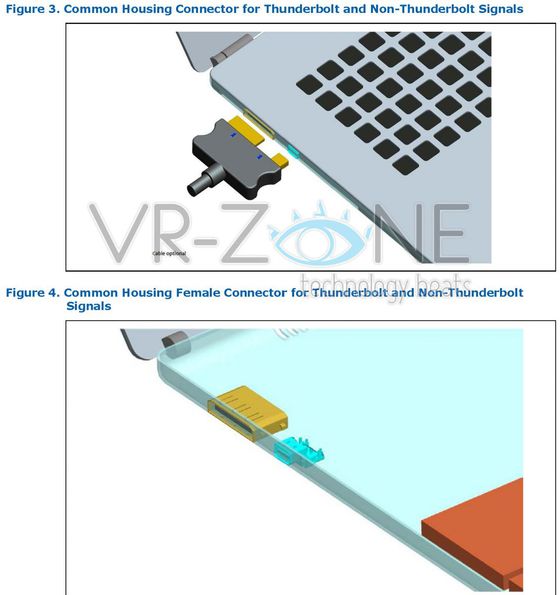
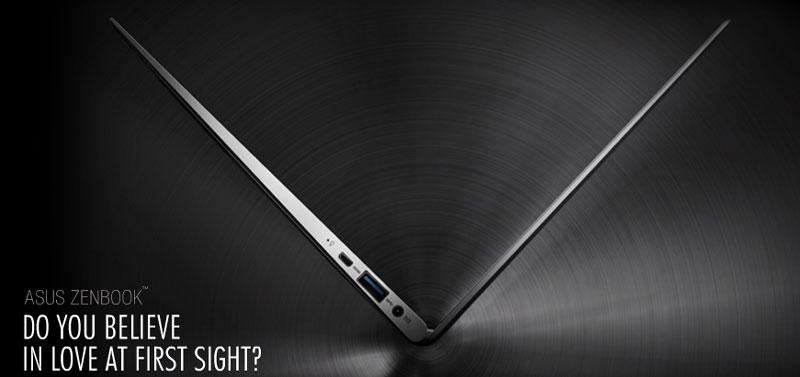











 Malcolm Owen
Malcolm Owen
 William Gallagher and Mike Wuerthele
William Gallagher and Mike Wuerthele
 Christine McKee
Christine McKee
 William Gallagher
William Gallagher

 Marko Zivkovic
Marko Zivkovic

